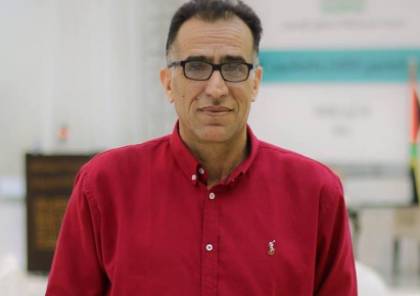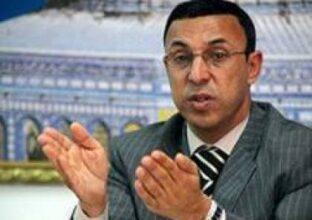Israeli isolation deepens as world opens its doors to Palestine
Al-Khamisa News Network - Gaza

By: Baraa Al-Mahsiri
Israel: from “the only democracy” to “the pariah state”
For years Israel has tried to maintain the image of being “the only democracy in the Middle East.” But images of tanks sweeping through Gaza, ongoing slaughter and systematic starvation, settlements swallowing the West Bank, and the destruction afflicting Palestinian civilians have shattered that narrative before the whole world. Propaganda campaigns can no longer hide the reality: Israel is in growing international isolation.
Europe, which long stood firmly behind Tel Aviv, has begun to raise its voice under popular pressure: parliaments voting to halt arms exports, universities boycotting Israeli academic institutions, and popular movements leading broad economic and cultural boycotts that could extend to freezing privileges and imposing sanctions. The image of Israel that was once celebrated has been broken, replaced by that of a “rogue state,” and public momentum against Israel’s presence is now out in the open.
Washington, the last shield… how long?
It is true the United States remains Israel’s protective shield on the UN Security Council, using its veto without hesitation to block any resolution that would open the way to full recognition of Palestine, stop the slaughter in Gaza, or condemn settlement expansion. But the urgent question is: how long can Washington withstand an expanding global wave of opposition?
Even inside the United States, voices among young people, universities and civil rights movements have begun to reflect a deep shift in public sentiment, rejecting continued unconditional bias toward Israel and unlimited economic and military support. What was once a “Western consensus” no longer exists.
Palestine: from the margins to the center stage
On the other side, Palestinians — through their sacrifices, the blood of their martyrs, the pain of their wounded and the suffering of their prisoners — are steadily advancing, step by step, toward securing their state politically and legally. Since the United Nations granted Palestine observer state status in 2012, the door has opened for more than 140 countries to formally recognize the State of Palestine.
This is no longer merely symbolic; recognition grants the Palestinian leadership and diplomacy access to the International Criminal Court and gives them a seat at the international table. More importantly, it politically cages Israel and casts it as “the occupying power that rejects a solution.”
European recognition… a sharp political blow
Spain, Norway, Ireland, Sweden, the UK… European countries are no longer content with timid criticism; they have taken the step Israel feared: recognizing Palestine. Each new recognition is a resounding political blow and a clear message that policies of occupation, settlement and annexation no longer go unpunished.
These recognitions did not come out of nowhere but are the result of growing popular pressure and shocking images from Gaza and the West Bank, which pushed European public opinion to pressure governments to take decisive stances.
Israel today is besieged by the Palestinian narrative
The equation has been reversed: Israel, which for decades imposed its narrative on the world, now finds itself encircled by a more convincing and credible Palestinian narrative. Scenes of destruction and casualties need no translation or political lobbies. They reach the world’s screens directly and expose the truth Israel long tried to erase — a truth we, its people, have long known.
Palestinian internal challenges… will they spoil the moment?
Despite this momentum, Palestinians understand that international recognition alone is not enough. Internal division remains a serious obstacle that threatens this progress. Israeli pressure on countries considering recognition could also slow the process.
But the political moment seems more favorable than ever, provided Palestinians themselves make the most of it with a unified discourse and a clear strategy — our unity has been and will remain the foundation of our strength.
The time for change has come
Israeli isolation and the growing recognition of Palestine are not trivial details in international politics but indicators that a new phase is taking shape. Israel is gradually losing legitimacy, and Palestine is gaining new ground daily. The scene suggests the world is beginning to change its compass: from protecting occupation to recognizing the right to freedom, statehood and equal rights.
The big question now: will these recognitions and the isolation turn into political pressure that forces Israel to end its occupation, or will they remain symbolic gestures awaiting more decisive regional and international shifts?






